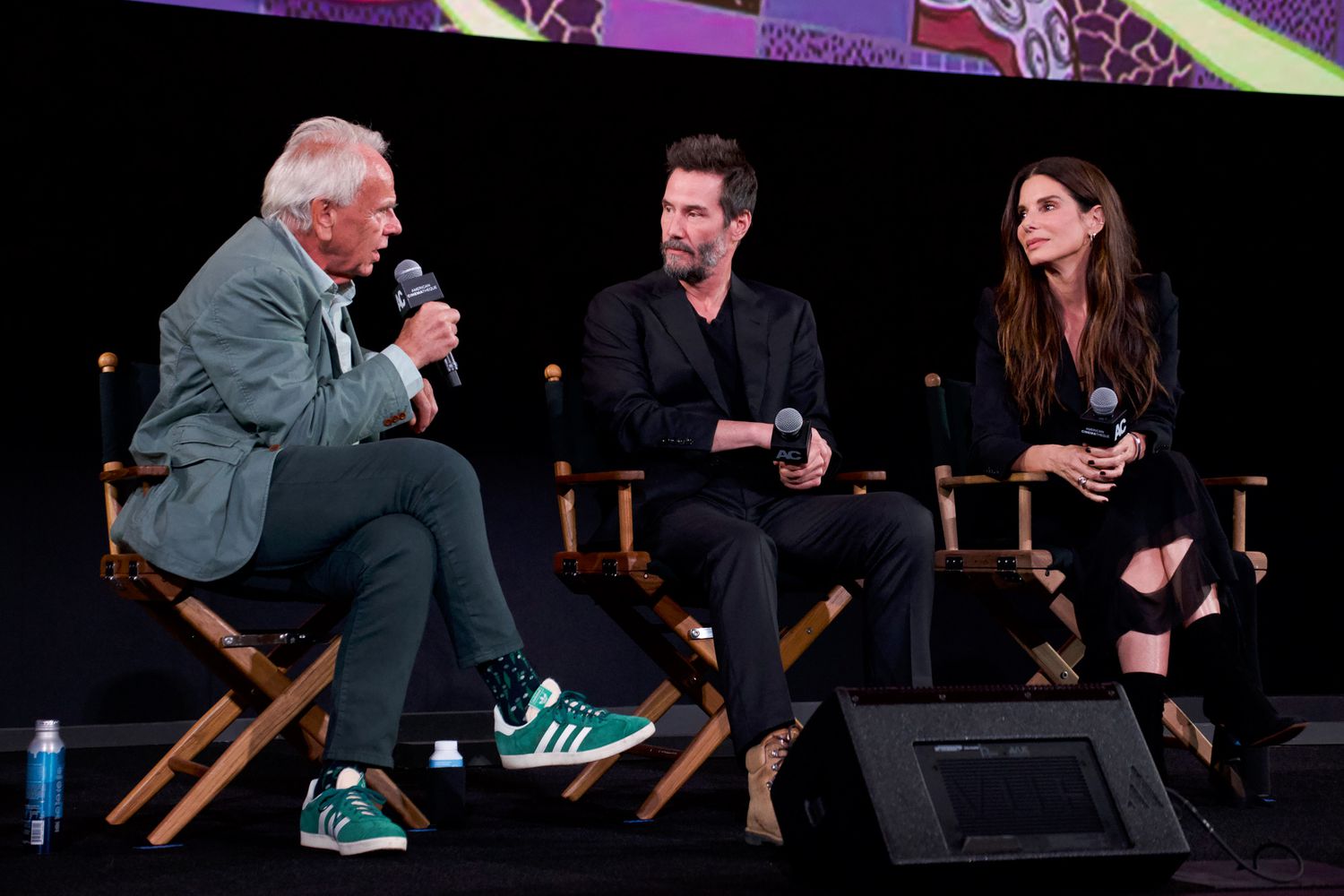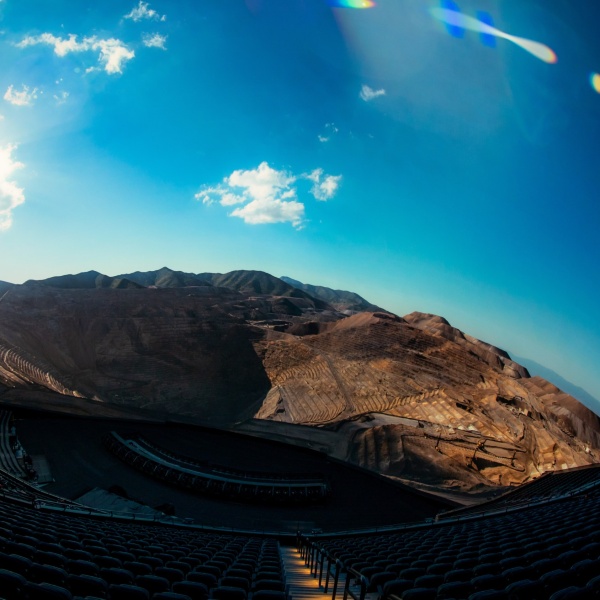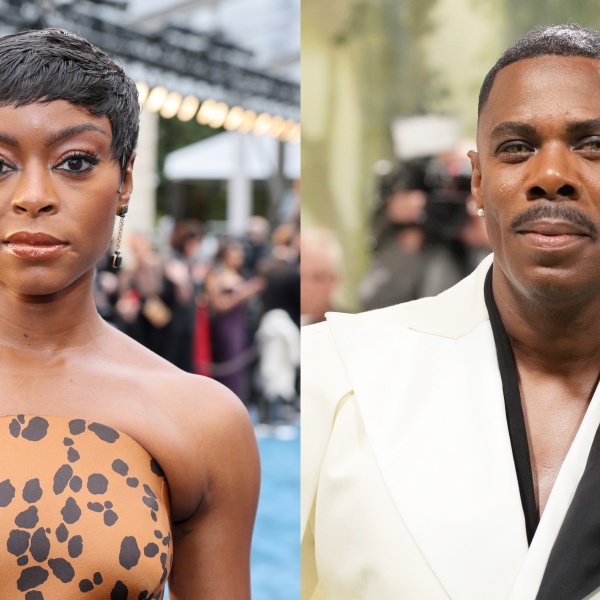In the three decades since they made the action classic “Speed,” director Jan de Bont and actors Keanu Reeves and Sandra Bullock have never gotten together in public to talk about it — until now. To celebrate the film‘s 30th anniversary, de Bont, Reeves, and Bullock participated in a live discussion at the American Cinematheque’s Beyond Fest in front of a sold-out crowd at Hollywood’s historic Egyptian Theatre. The conversation covered “Speed” from casting through post-production, with de Bont, Reeves, and Bullock providing plenty of memorable anecdotes about the filmmaking process and how the movie’s success changed their lives.
During the Q&A, which is now available in its entirety as an episode of IndieWire’s Filmmaker Toolkit podcast, de Bont reflected on the film’s famous set pieces, including the stunt where the bus, in which most of the action takes place, jumps across a missing section of L.A. freeway. Although “Speed” was made in a post-“Jurassic Park” world when digital effects were on the rise, de Bont insisted on staging as much of the action practically as possible — something that made Reeves sign on for the movie even though he was skeptical about the film’s high concept premise.
“There’s a bus, and it can’t go below 50 miles per hour…I don’t know,” Reeves said. “But then I met this mad genius, and I was like, ‘This is an auteur. This is a person with a vision.’” Reeves remembered that de Bont’s dedication to realism at all costs didn’t always come easy. “How many camera bodies did you destroy, 12?” the actor asked de Bont, who replied, “No, just five.”
According to de Bont, the famous bus jump required two tries after the first attempt ended with the driver landing a bit short of his target.” “He didn’t land on the other side. He landed on seven cameras right below, all placed to film him coming over,” de Bont said, admitting that he hid the disaster from the studio and gathered a skeleton crew to reshoot the stunt on the weekend.
Bullock agreed with her co-star that de Bont’s penchant for doing as much as possible for real informed and enhanced the performances since the actors were always reacting to real conditions. Although the bus was usually driven by an unseen stunt driver riding above Bullock, from her perspective, she was always hurtling toward danger.
“I was behind the wheel of a projectile,” she said. “You were just in it, and it felt real because when we were smashing into things. We were really smashing into things in real time, and you don’t get that much anymore.”
Bullock added that if her character Annie seemed nervous and protective of her passengers, it’s because Bullock herself shared Annie’s perspective. “I was new to the whole game, so I wasn’t aware of what was right or if I was supposed to feel a certain way,” she said. “As an actor, I was a newbie, and I was behind the wheel, and I wanted everyone to be safe.” Being stuck on the bus for six weeks with all the actors playing the passengers added to the sense of reality. “By the end, we were all in each other’s business. It was really special, not even just in retrospect, but while we were in it.”
De Bont agreed with Bullock’s assessment of the shoot as a special experience, and added that the success of “Speed” — a rare movie that was a triumph artistically, commercially, and with critics and awards — actually made things harder for him because it was so difficult to repeat or live up to.
“You think about the next one and [ask], how can you improve on that?” he said. “The stress of making those big movies is pretty intense, and as a director, you’re completely exhausted for a long time after the movie’s over. I like to invent things and create new ways of filming, but at some point, you have to say, wait a second — maybe you have to go back to basics a little bit again.”




